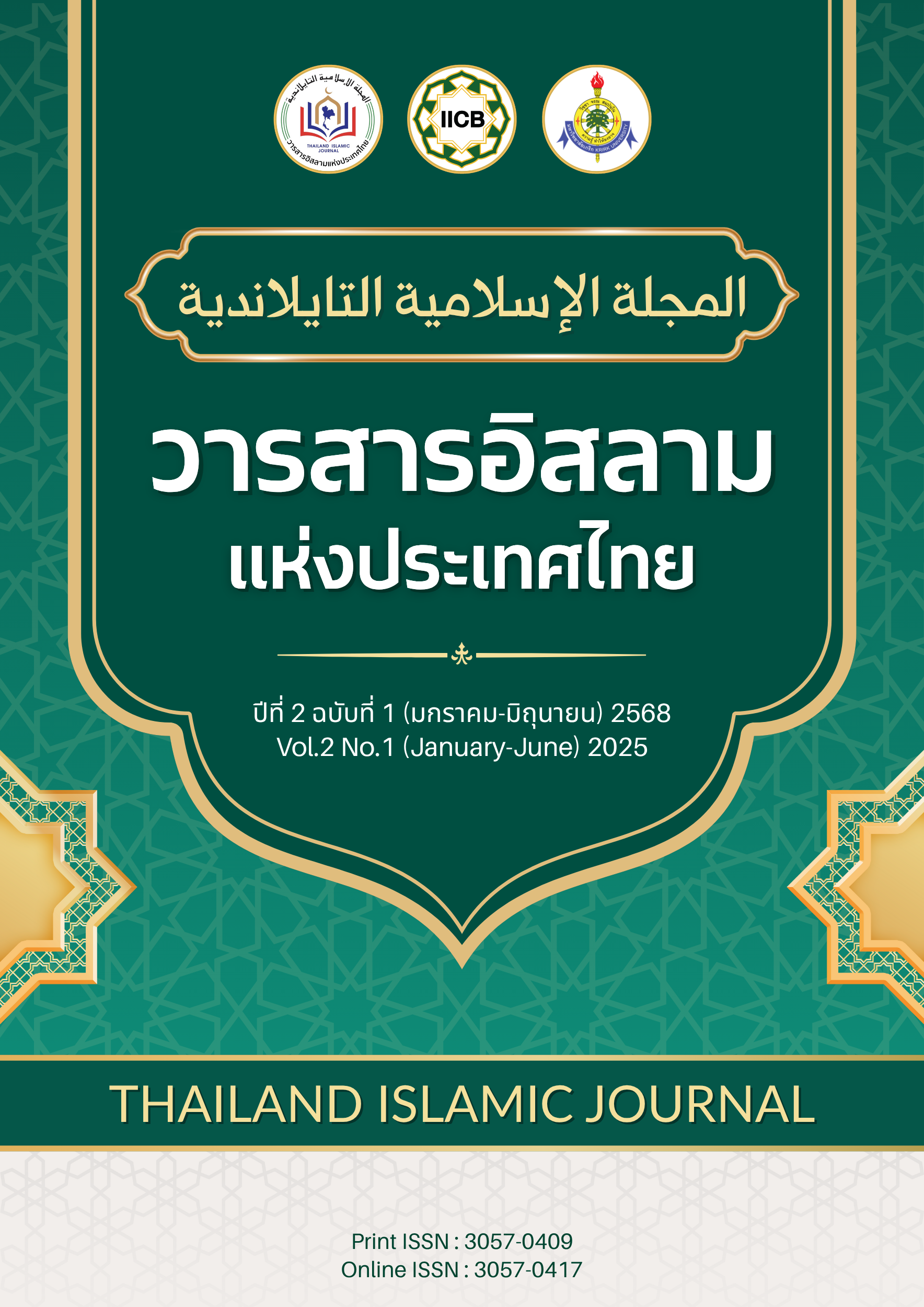Islamic Finance: Principles, Practices and Role in the Global Economy
Keywords:
Islamic Finance, Economic Sustainability, Risk Sharing, Alternative Financial SystemAbstract
Abstract
Islamic finance is a financial system predicated on the principles of Shariah (Islamic law), which prohibits the charging of interest (Riba), encourages risk-sharing, and promotes ethical and religiously compliant investments. This system offers a diverse range of financial instruments, such as Murabaha (a transparent cost-plus-profit sale contract), Musharakah (an equity partnership with profit and loss sharing), Sukuk (Islamic bonds), and Qard Hasan (benevolent, interest-free loans for social welfare). These instruments play a significant role in global economic development, particularly in the Middle East, Southeast Asia, and Europe. The Islamic banking sector has demonstrated continuous growth and has gained international recognition from organizations such as the World Bank and the Islamic Financial Services Board (IFSB). Islamic finance is instrumental in fostering a sustainable economy, reducing inequality, and supporting ethical business practices. Nevertheless, it faces challenges related to regulatory frameworks, integration with conventional financial markets, and the general understanding among investors. An analysis indicates that Islamic finance possesses high potential as an alternative to the conventional economic system. Key principles supporting its integration include: the equitable sharing of risk, which helps mitigate market volatility; the principle of real asset-backed investment, which prevents financial bubbles; and a consideration for social and environmental impacts, aligning with Sustainable Development Goals. Critical development mechanisms consist of establishing a legal infrastructure to accommodate Islamic financial instruments, creating accepted international standards to enhance investor confidence, and developing a workforce with specialized expertise in Islamic finance. The anticipated outcome is the creation of a financial system that is resilient, transparent, and sustainable, capable of strengthening financial stability and promoting inclusive economic growth across all segments of society.
References
บรรณานุกรม
Chouhan, N., Harrison, C., & Sharma, D. (2023). Sustainable debt: Global state of the market 2023. Climate Bonds Initiative. https://www.climatebonds.net/files/reports/cbi_gsotm_2023_04a.pdf
IBS Intelligence. (2024, November 20). Shaping Islamic finance: 4 APAC FinTechs to watch. https://ibsintelligence.com/ibsi-news/shaping-islamic-finance-4-apac-fintechs-to-watch/
Khan, M. T. (2010). Islamic banking and finance: Current issues and challenges. Edward Elgar Publishing.
London Stock Exchange Group. (2023). Financing a sustainable future. https://www.lseg.com/content/dam/lseg/en_us/documents/sustainable-finance/financing-a-sustainable-future-2023.pdf
Uddin, M. A. (2015). Principles of Islamic finance: Prohibition of Riba, Gharar and Maysir (MPRA Paper No. 67711). Munich Personal RePEc Archive. https://mpra.ub.uni-muenchen.de/67711/1/MPRA_paper_67711.pdf
United Nations Development Programme. (2018). Islamic social finance and the Sustainable Development Goals: A scoping study. https://www.undp.org/indonesia/publications/islamic-social-finance-and-sustainable-development-goals-scoping-study
คณะกรรมการบริการทางการเงินอิสลาม. (2566). รายงานเสถียรภาพอุตสาหกรรมบริการทางการเงินอิสลาม 2023. https://www.ifsb.org/wp-content/uploads/2023/05/IFSB-IFSI-Stability-Report-2023-Full-Report-Thai-version.pdf
จักรกริซ ใจดี. (2542). แนวคิดเรื่องความเข้าใจและกระบวนการคิด. สำนักพิมพ์การศึกษา.
ไซฟุล อัสฮาร์ รอสลี่. (2560). การเงินอิสลาม (ศ. ศานติศาสน์, ผู้แปล). โอเพนเวิลด์ส พับลิชชิ่ง.
พรรษพร ปมาณิกบุตร. (2556). แนวคิดเรื่องความเข้าใจและกระบวนการคิด. สำนักพิมพ์การศึกษา.
ศุภชาต เอี่ยมรัตนกูล. (2557). การตลาด. โรงพิมพ์มหาวิทยาลัยรามคำแหง.
อิสเรศ มะหะหมัด. (2560, 20 ตุลาคม). การเงินอิสลาม. Islamic Finance Thailand. https://islamicfinancethai.com/
Downloads
Published
How to Cite
Issue
Section
License
Copyright (c) 2025 Internatinal Islamic College Bangkok, Krirk University

This work is licensed under a Creative Commons Attribution-NonCommercial-NoDerivatives 4.0 International License.
วารสารที่ได้รับการตีพิมพ์เป็นลิขสิทธ์ของวิทยาลัยนานาชาติอิสลามกรุงเทพ มหาวิทยาลัยเกริก
ข้อความที่ปรากฎในบทความแต่ละเรื่องในวารสารวิชาการเล่มนี้เป็นความคิดเห็นส่วนตัวของผู้เขียนแต่ละท่านไม่เกี่ยวข้องกับวิทยาลัยนานาชาติอิสลามกรุงเทพ และคณาจารย์ท่านอื่น แต่อย่างใด ความรับผิดชอบองค์ประกอบทั้งหมดของบทความแต่ละเรื่องเป็นของผู้เขียน




